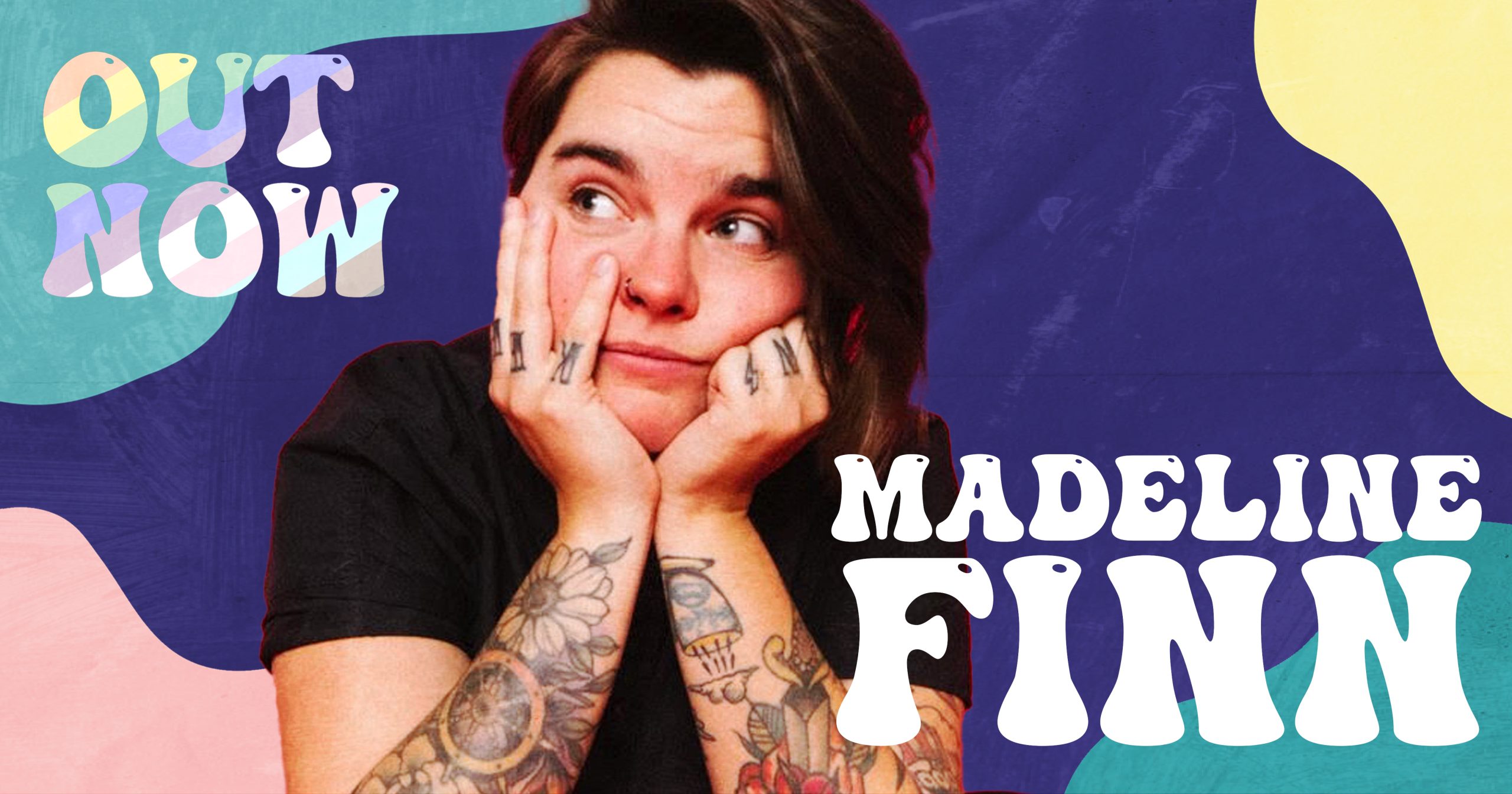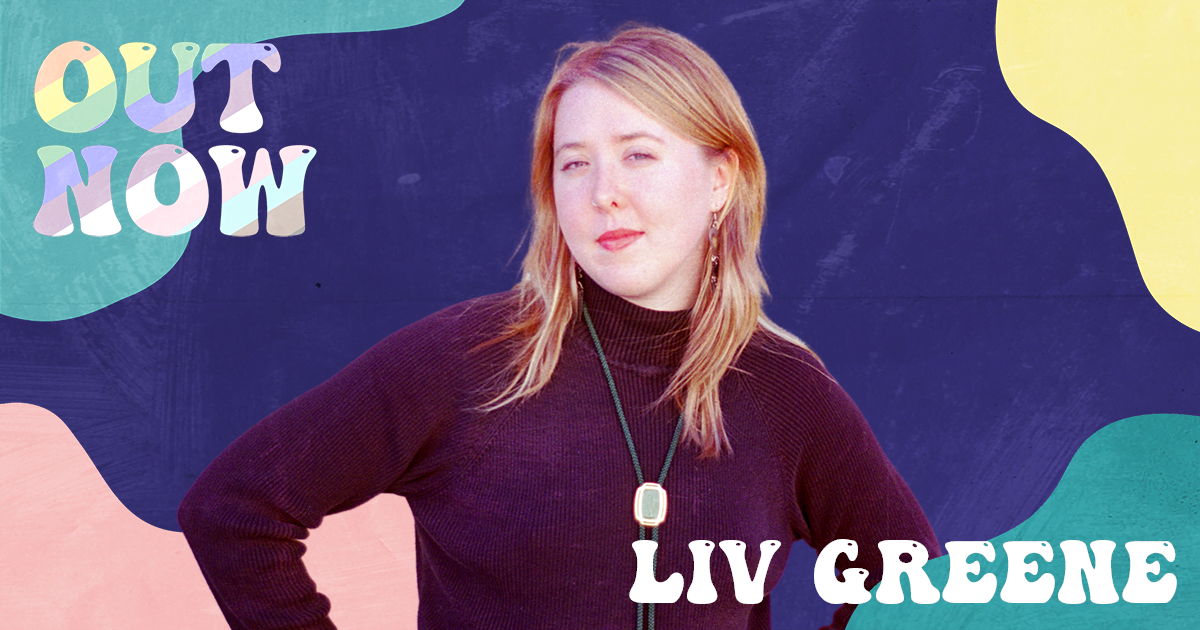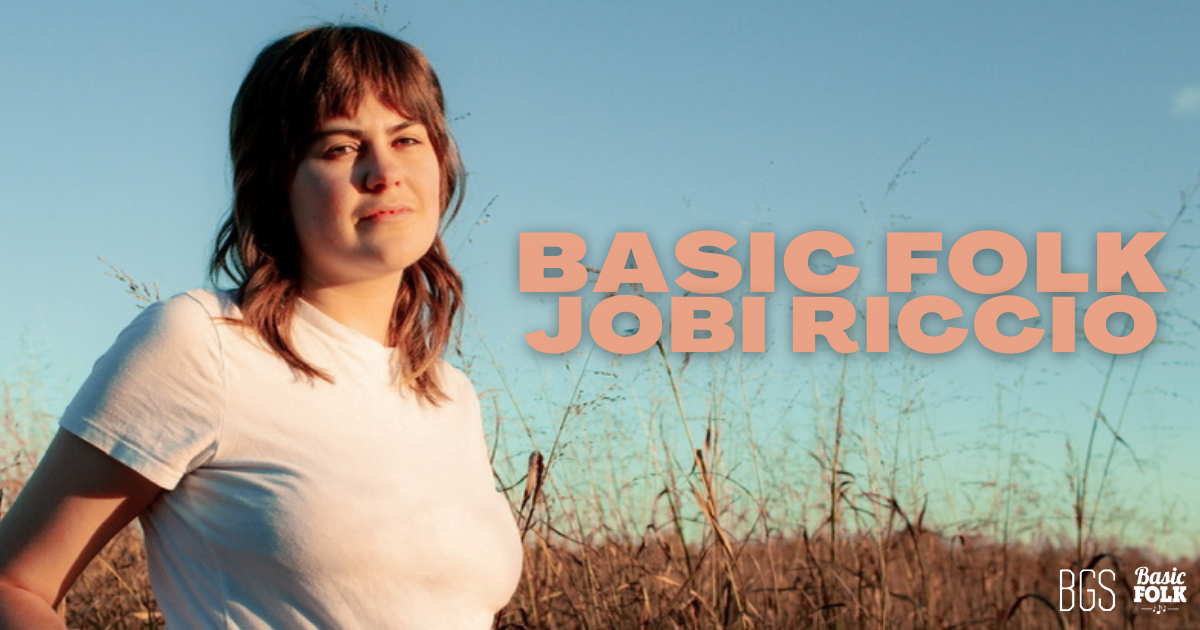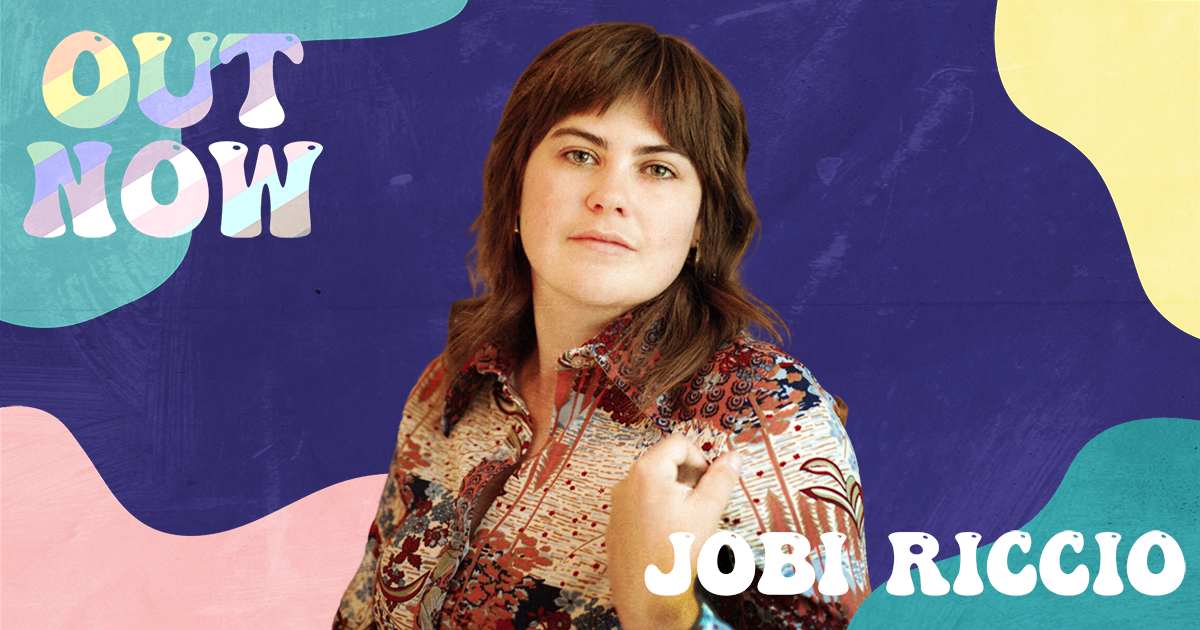Madeline Finn is a thoughtful writer and dynamic artist. Madeline transcends the boundaries of genre, crafting pieces that pull elements from folk, rock, and indie. Their songs are honest, relatable, and catchy.
Madeline feels that her role as an LGBTQ+ musician is bigger than herself and she values uplifting her community. She hopes to embody the queer representation that she longed for as a kid. In our Out Now interview, Madeline shares their vision for the future, their upcoming projects, and their journey into self-producing music.
We are thrilled to be featuring Madeline Finn at our next Queerfest show in Nashville at Vinyl Tap on Wednesday, August 7. The show runs from 7-9 pm and features four local LGBTQ+ artists. There’s a ticket suggestion of $10 that goes directly to supporting the artists. Don’t miss out on the chance to hear Madeline Finn live!
Why do you create music? What’s more satisfying to you, the process or the outcome?
Madeline Finn: I used to be more amped up on the outcome, but these days I have really fallen in love with the process. Mostly since I have started self-producing. It’s so much fun and I could do it literally all day.
You create within a wide range of musical genres including folk, rock, and indie. How do you navigate your identity as an artist who works across several genres?
Honestly, I have no idea. I’ve been trying to just let go and make music that’s fun and meaningful to me. Whatever the genre might end up being doesn’t matter that much to me.
What does it mean to you to be an LGBTQ+ musician?
Being a queer musician is a special thing. Especially because it’s becoming less and less special, if you know what I mean. I am one of many LGBTQ+ artists who make up a whole force of nature. I see my role as a part of the whole, a part of something way bigger than me. The more we uplift our community with art that speaks directly to the queer experience, I think the more healing can be done. The more healing that can be done within each individual, the more we heal the human experience as a whole.
I’m so jazzed on the queer music community and wish I would have had more folks like that growing up to listen to. Honored to be what I needed when I was a kid, now.
For anyone reading this who might not be out of the closet, were there any specific people, musicians, or resources that helped you find yourself as a queer individual?
Specifically, I found a lot of help as a kiddo from The Trevor Project. I also was able to find a safe adult/family member to talk to about it before I came out to my immediate circle. For those who are in adulthood I would highly recommend THERAPY!
You’ve been on the team at Wild Heart Meditation Center for a few years. What has that experience been like for you? Do you find that your meditation practice influences your music?
Wild Heart Meditation Center has been the single most important part of my personal growth and healing over the past five to six years. I came to the center interested in meditation and since then have fallen deeply in love with the practice and the teachings of the Buddha. It’s been so rewarding to be offered an opportunity to share that with the community and others as a facilitator. My practice influences every single part of my life, music included. It’s helped me let go of the craving that often surrounds a career like this, I have gained a deep freedom from contentment within my musical career. I honestly think you can hear it in the music. The shows are more fun for me, I am not afraid of what others think, not sitting around waiting for someone to give me my golden ticket. Instead, I know that I can rest in the reality of this moment and have a deep, non-attached appreciation for all the beautiful parts I encounter.
What has it been like for you to work with other LGBTQ+ artists in the music industry?
The LGBTQ+ music scene here in Nashville has been amazing. It’s this collaborative, joyful machine that just runs all on its own. Getting to hear music direct from artists like Autumn Nicholas and to play for so many other queer folks just gets me so pumped.
It’s like “Y’ALL WE ARE DOING IT!!!” I’d like to believe it’s deeply healing for my inner child.
What’s your ideal vision for your future?
My ideal vision for my future is to have chickens, mainly. If I can have a little space in the world with chickens, my wife, and my dog I am all set. Beyond that, I try not to set too many expectations for the future. Instead, I am really practicing following my intuition towards the next most meaningful step. One day at a time.
What are your release and touring plans for the next year?
I have been hard at work on my own record based on the IFS (internal family systems) model of therapy, it’s my first venture into self-production and I’m hoping to have it ready to start sharing singles by the end of the year.
My pop-rock project ENVOI just released a brand new album in May, so there is a chance we may be doing some live shows to support that. In addition, I’m working on a project with Liv Lombardi here in Nashville that is going to totally slay.
As far as touring goes, I’ll be around playing bass, guitar, and singing for a TON of artists throughout the rest of the year and there have been talks about an East Coast run for my solo material in the fall.
Photo courtesy of the artist.



